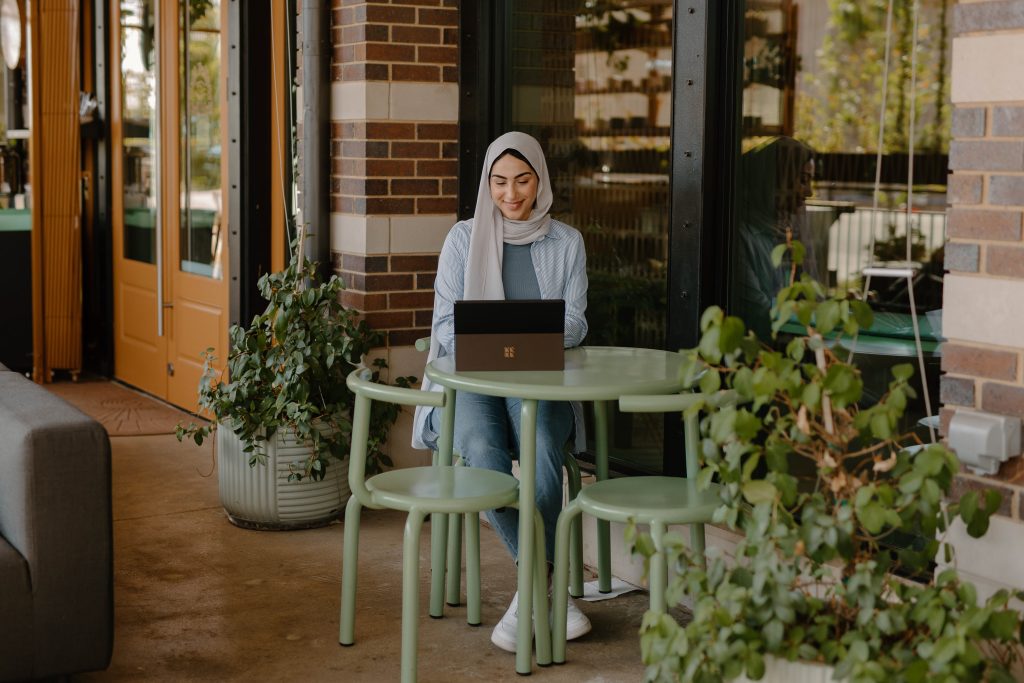Typing our passwords into the little box might seem like a menial task, but a recent study by NYU Shanghai’s Dr. Gu Li and UBC Psychology’s Dr. Frances Chen shows that passwords that are self-affirming, that is positive towards oneself, offer a mental health booster.
“Most of us are familiar with how immunization ‘boosters’ protect our physical health. Psychological boosters function in a similar way. They can help protect our mental health when we encounter threats,” explains Dr. Chen.
Passwords such as “MusicCalmsMeDown@123” were shown to have a positive effect on study participants. The research paper focused on first-year sexual minority undergraduate students at UBC and NYU Shanghai, and how these log-on codes could help with sexual orientation microaggressions, including homophobic name-calling, during the first six weeks of university.
“We were thinking, with self-affirmation passwords, people can be reminded of what's important to them whenever they log in to their laptops or computers. In this way, a password could be used as a timely 'booster' for a writing-based intervention and help mitigate a stressful situation and subsequent decrease in psychological well-being.”
This study was one of the largest psychological interventions on sexual minority people, with around 296 student participants. The first cohort was focused on UBC students, starting 2019, and in the following year, expanded to include students in Shanghai.
Participants were randomly divided into two groups – either complete a self-affirmation writing exercise and create a self-affirming computer password to use for six weeks, or complete a control writing exercise and create a control computer password.
An important caveat in the discussion of this study is that students who used their self-affirming passwords less than five times per day did not note any benefit. When these passwords were used more frequently, students experienced smaller decreases in psychological well-being over the study period. Sexual minority students of the control group showed a decrease in psychological well-being over the first months of university.
“I think it works off one of the very basic principles of trying to change people's behaviour or thought processes - that you really have to make it as simple as possible. All of us are busy. All of us have a million things going on in our lives, so asking people to add a brand new habit to their daily routine may not be realistic for everyone. We all use passwords any way. It's a relatively low-cost, low-effort change.”
Dr. Li noted that many participants asked to keep their chosen self-affirming passwords even after the six weeks had ended.
“The findings from the study provide a low-cost, low-burden and timely intervention booster to ease undergraduate students’ transition into university – perhaps especially for those who are under stress but do not have equal access to mental health services,” he adds.
This research also opens up future avenues of psychological intervention research using passwords, or gratitude intervention studies to use log-on codes that help remind people to be grateful for the people and things in their life.
Dr. Li would like to expand the research to countries where members of the 2SLGBTQIA+ community and other marginalized individuals have lesser access to mental health services.
The feature article was originally published on UBC News, written by Erik Rolfsen. For timely updates, follow UBC News on Twitter.



